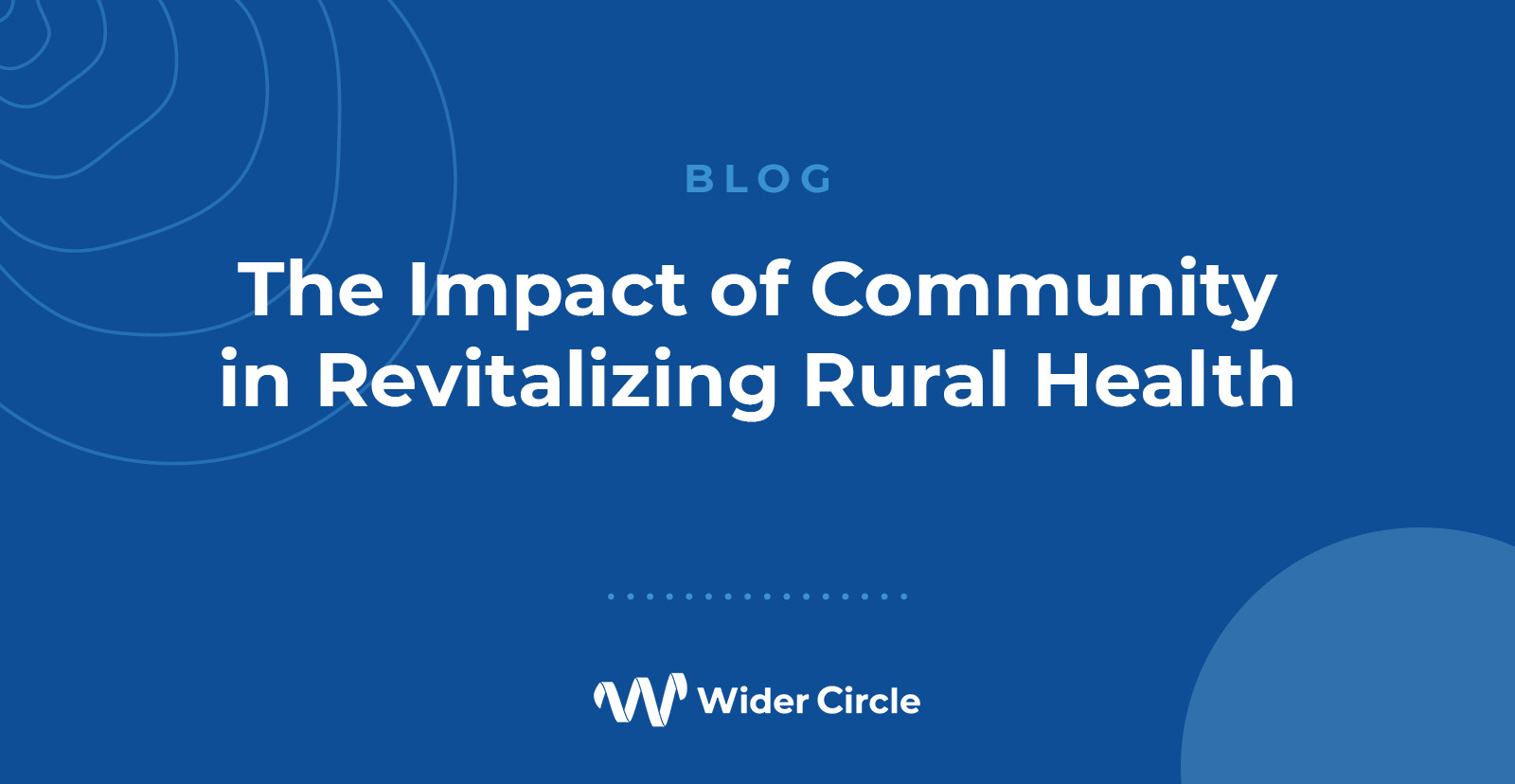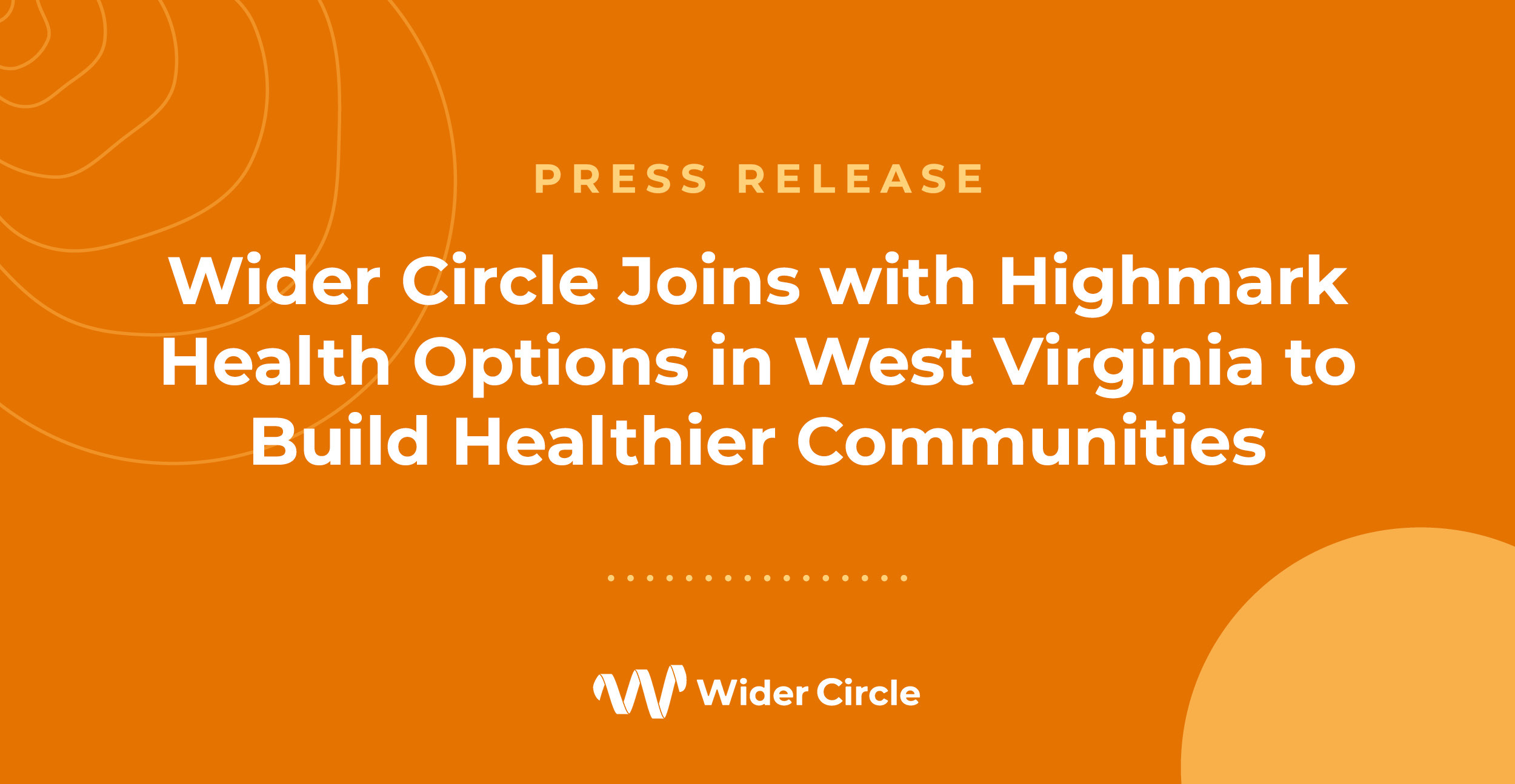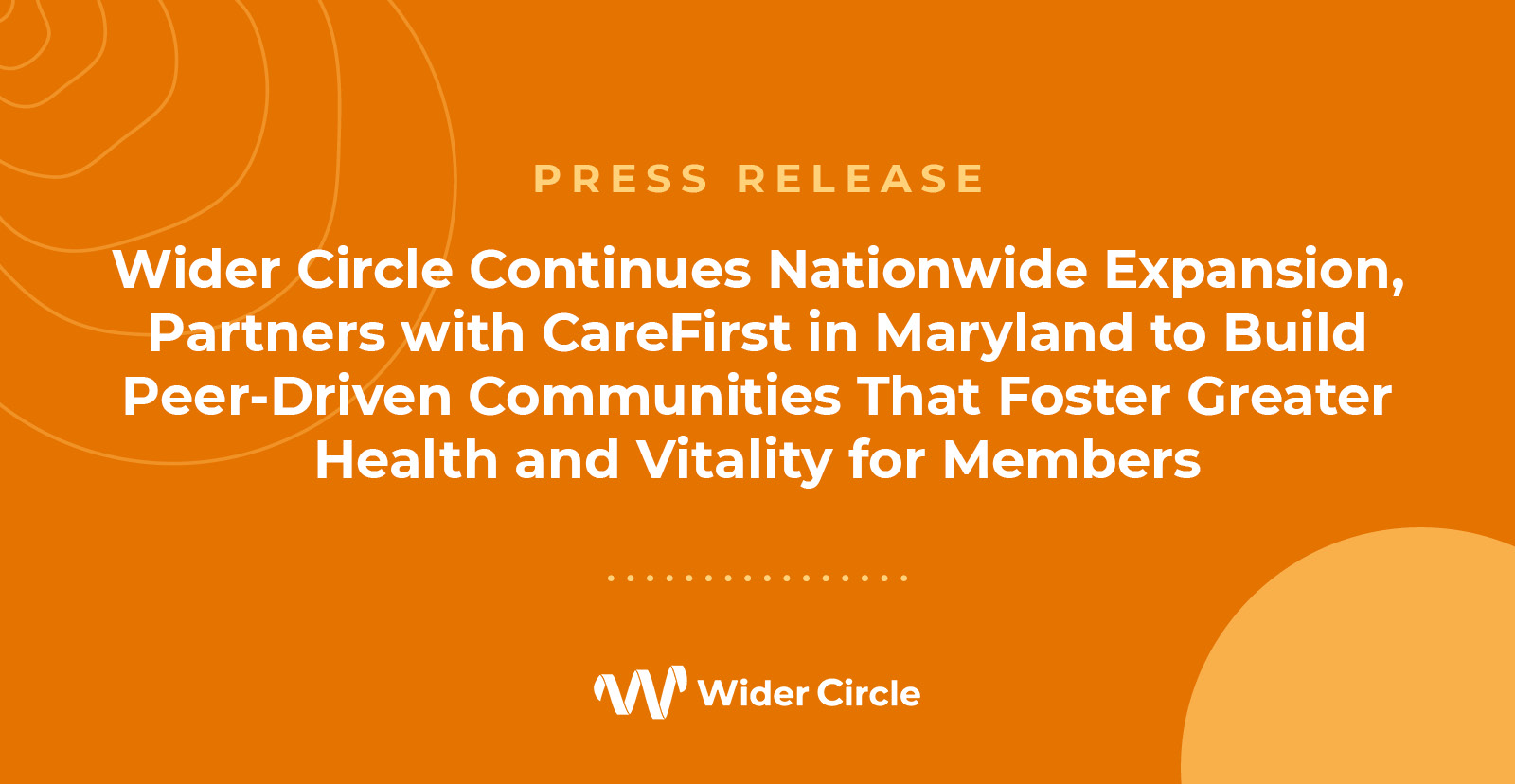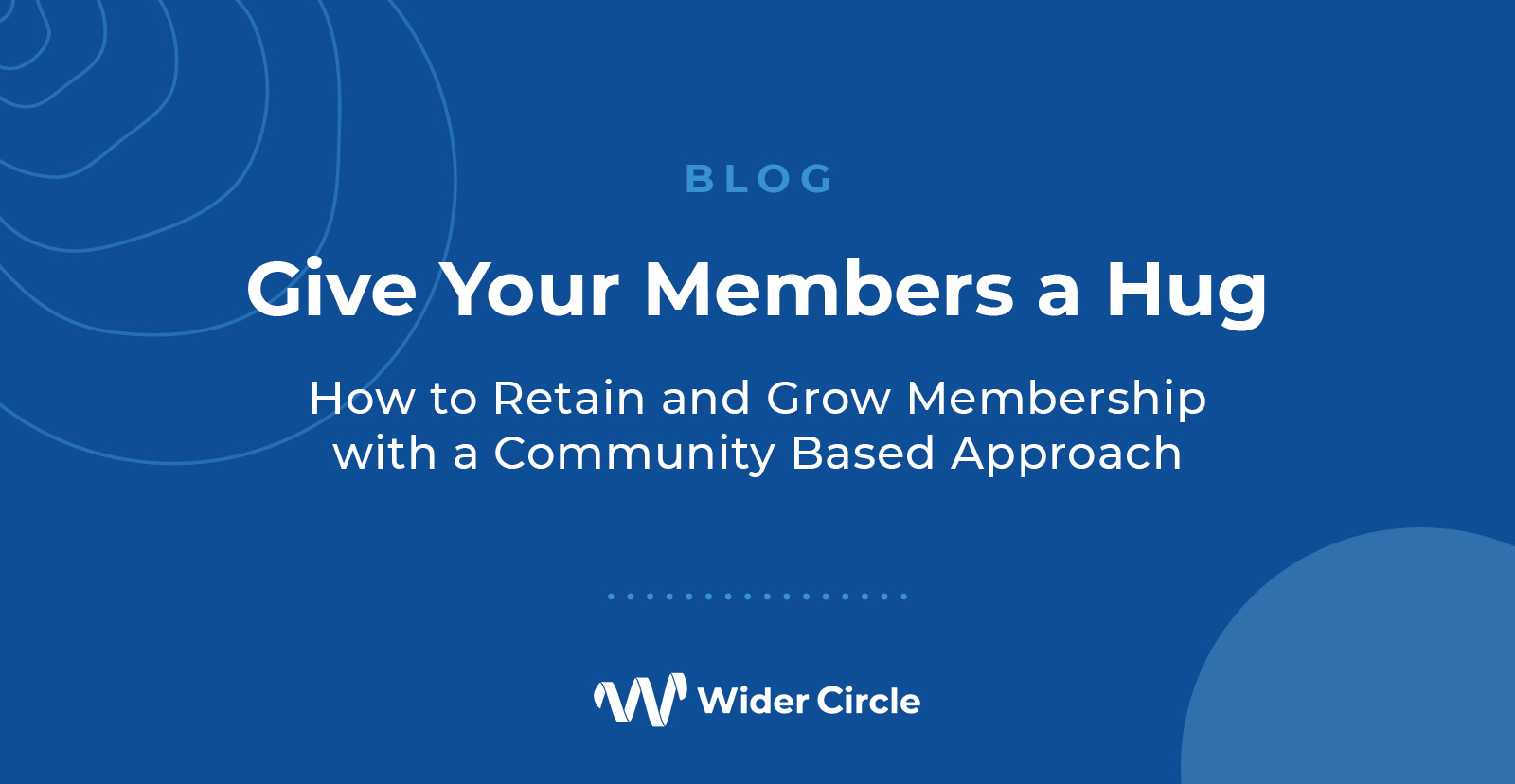
Time and again, we have tried and failed to overcome the unique challenges that rural populations face in achieving accessible and equitable health care. According to the Centers for Disease Control and Prevention (CDC), in rural America the age-adjusted death rate is 20 percent higher than in urban areas. With 46 million Americans living in rural areas, everyone must come together to overcome barriers and ensure these communities are receiving the quality health care they deserve.
The U.S. Census Bureau defines rural as all population, housing, and territory not included within an urbanized area or urban cluster, and with 15 percent of the U.S. population residing in these areas, addressing the challenges they face is vital to ensuring they lead happier and healthier lives. From limited access to medical facilities and professionals to economic and infrastructural constraints, these communities face issues that require innovative and targeted solutions. Wider Circle partners with health plans and providers to build peer-peer communities across the nation to help members improve their overall health. Our thousands of communities across urban and rural areas, and we see the challenges our members face in these underserved areas.
Challenges in rural health care access
For years, we’ve heard about the growing nurse and clinician shortages as costs of living and job-related burnout run rampant. Unfortunately, rural health care is no exception to these pain points; in the past decade we’ve witnessed over 100 rural hospitals close, with nearly 700 more at risk of closing in the future. Hospitals not only serve as a location for critical medical and mental health care but also as local gathering points for community events, and they play a role in educating the community on local health concerns. These closures not only displace medical professionals and staff; they also displace patients who are left scrambling to figure out where they can go to continue receiving treatments or preventive care services.
Our members share that these challenges in access are compounded by a lack of reliable infrastructure and transportation. While closure of a primary care physician’s practice in New York City may mean an extra stop or two on the subway for a patient, a practice closure in parts of West Virginia could mean a costly rideshare expense, an airplane ticket, or the need for additional time off work (or all three) to travel to a new doctor’s office. And the more complex the health concern is, the further a patient may need to travel. Coordinating transportation needs and arranging telehealth visits when and where possible can allow patients to continue receiving the care they need while minimizing the out-of-pocket costs travel can incur.
Community support networks: The unsung hero of rural health care
Community support networks—from not-for-profits, to local initiatives, to federal funding to build up infrastructure—are all integral to overcoming the unique barriers faced by rural health care systems. They mobilize local resources and provide a platform for residents to voice their needs and concerns. By fostering a collective sense of responsibility, these networks ensure that health care solutions are tailored to the specific needs of the community. They facilitate health education, offer transportation services for medical appointments, and create a support system for those managing chronic illnesses.
The impact of such investment is incontrovertible. A study from the American Health Association also found that community support networks can help reduce emergency department visits, promote preventive care and healthy behaviors, and connect patients to local organizations to address their specific social needs. Moreover, these networks foster a sense of community solidarity and empower residents to take an active role in their health and wellbeing. Wider Circle is committed to working in communities like these all across the country to help improve access to much needed health care.


